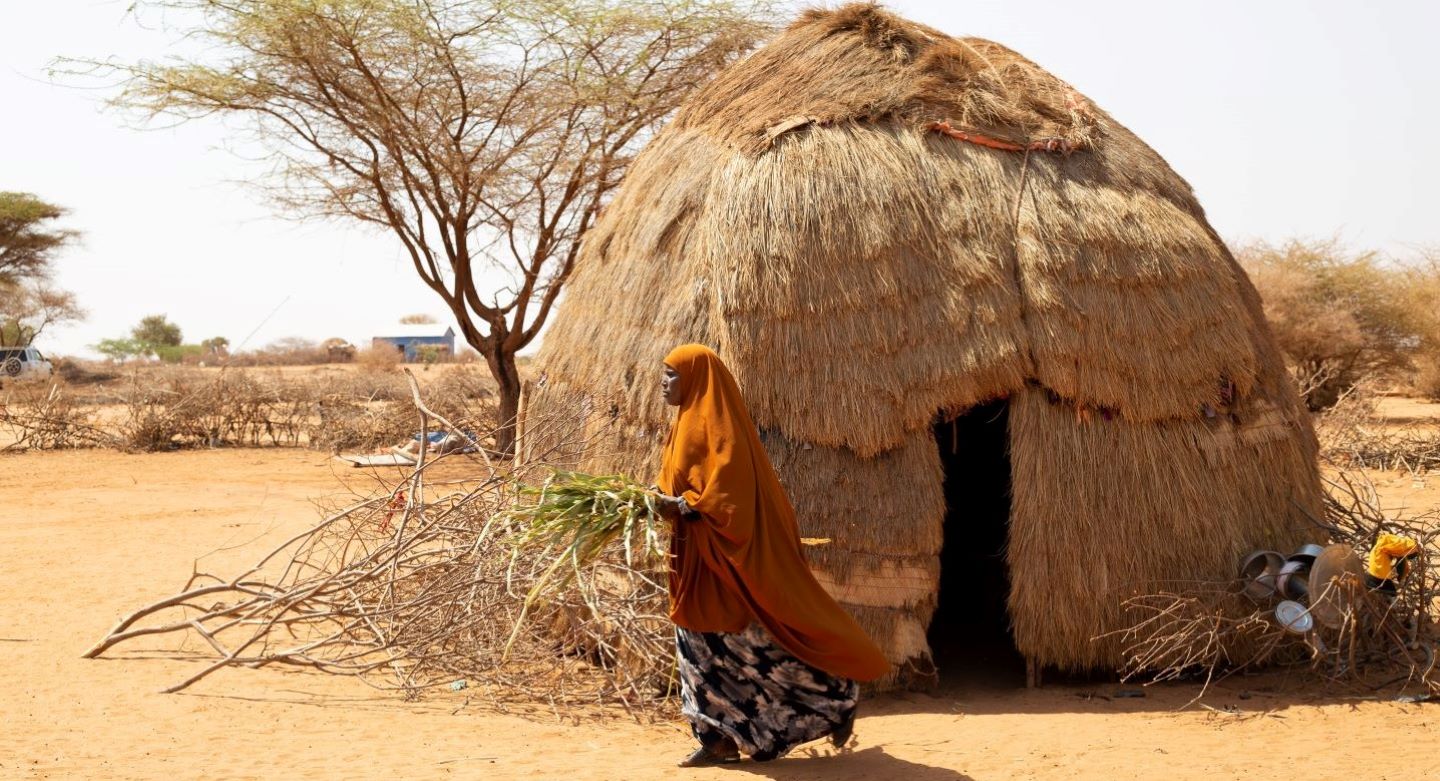The world is not prepared for climate change
IFAD Asset Request Portlet
Asset Publisher
The world is not prepared for climate change
IFAD’s three calls to action at COP28
Estimated reading time: 3 minutes
We have yet to see the worst effects of climate change. But for the poorest rural people, the climate nightmare has already begun. They urgently need support to adapt to a changing world. To do this, IFAD is issuing three calls to action at COP28.
1. Adaptation must be the top priority.
While it’s essential to limit global heating, we must also acknowledge that climate change is already unfolding around us.
By the end of the century, climate change may reduce crop yields by up to a quarter. This, in turn, will increase food prices, hunger, poverty, conflict and migration.
With both their lives and livelihoods at stake, small-scale farmers in developing countries will be worst affected by climate change. That's why we must invest at speed and scale so that rural people can build their resilience, adapt to new challenges and continue to produce a third of the world's food even with changing conditions.
2. Small-scale farmers must get more funds.

We know that adaptation is crucial for rural futures, but it is severely underfunded: developing countries get less than a tenth of the adaptation funding they need, while small-scale agrifood systems receive less than 1 per cent of available climate finance.
This is not acceptable. We should be prioritising these highly vulnerable systems that are critical to feeding the world and are crucial for developing countries’ economies.
At IFAD, we know that adaptation finance works.
- In Bangladesh, warning systems and climate-resilient infrastructure allowed farmers to bring goods to market despite severe flooding and increased their incomes by 11 per cent.
- In Rwanda, farming cooperatives built climate-smart processing and storage facilities for their maize harvest, reducing losses by over 70 per cent despite heavier rainfall.
- In Nicaragua, farmers intercropped fruit trees with coffee and cacao plants, providing shade to protect their crops as temperatures rise.
The solutions exist. The missing link is finance.
3. Make the climate finance system fit for purpose.

The climate finance system is broken.
To face the challenges of today, we need effective and well-funded IFIs that can channel more grants and highly concessional funding to the people who need it most at the time when it can make the biggest difference.
Rich countries must pay back the benefits they reaped from industrialisation by ensuring IFIs get the financing they need.
With this, IFIs can multiply their impact. For example, IFAD turns every dollar it receives into six dollars of investment in rural areas.
We can also leverage private finance by building a conducive environment for investment in climate-smart agriculture, bankable projects, large-scale investment platforms and innovative financial instruments.
In the Sahel, IGREENFIN is accelerating the creation of both the Great Green Wall and green financing markets by working with national banks to remove barriers to finance, providing concessional credit for farmers’ organizations and micro-, small- and medium-sized enterprises.
2023 is on track to be the hottest since records began. If we don’t act now, it’s a record that we will see broken repeatedly in our lifetimes.
At COP28, IFAD calls on the countries and leaders of the world to act and ensure the world’s rural people are not left behind. The cost of inaction is beyond imagining.
Publication date: 04 December 2023